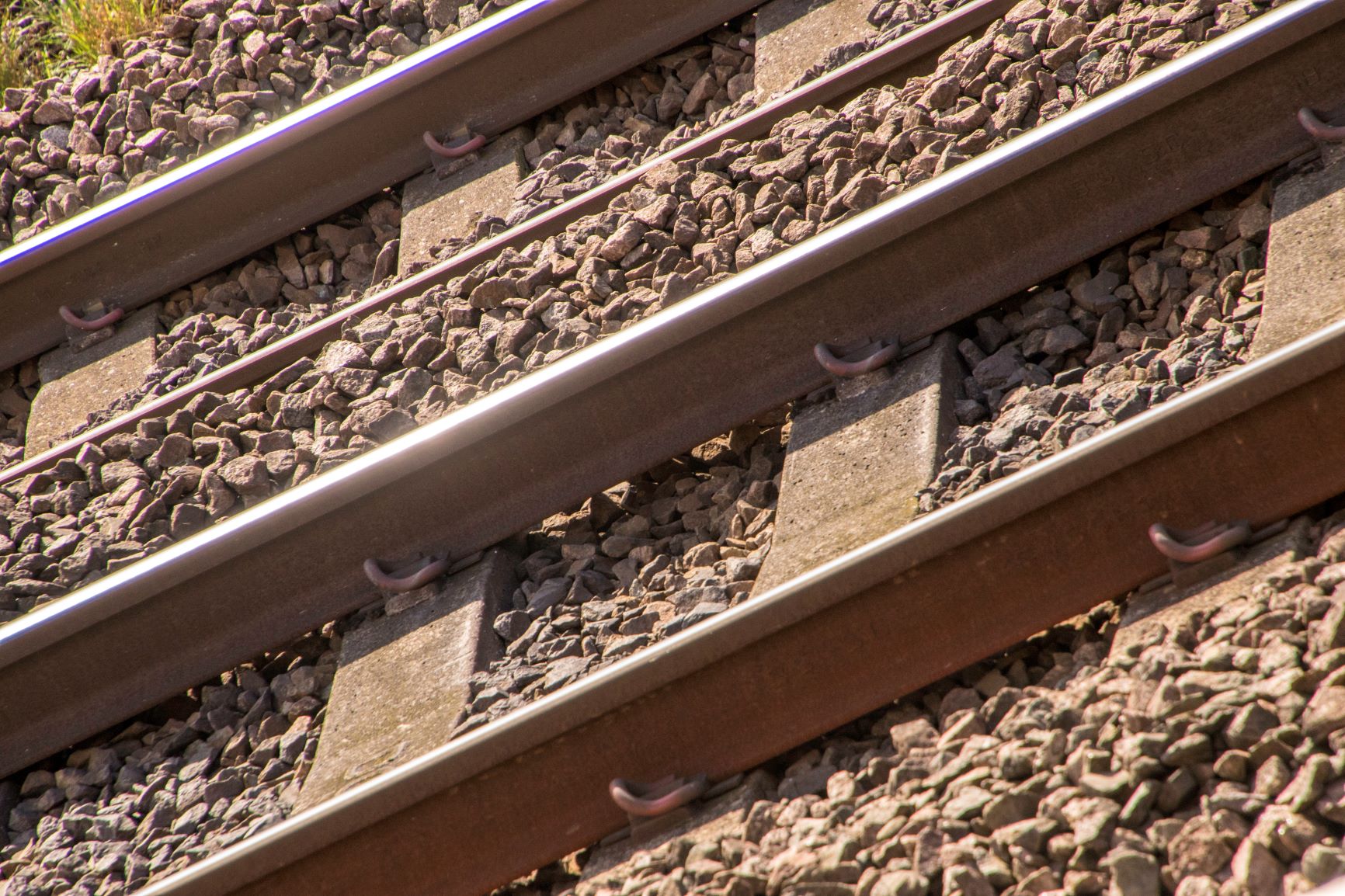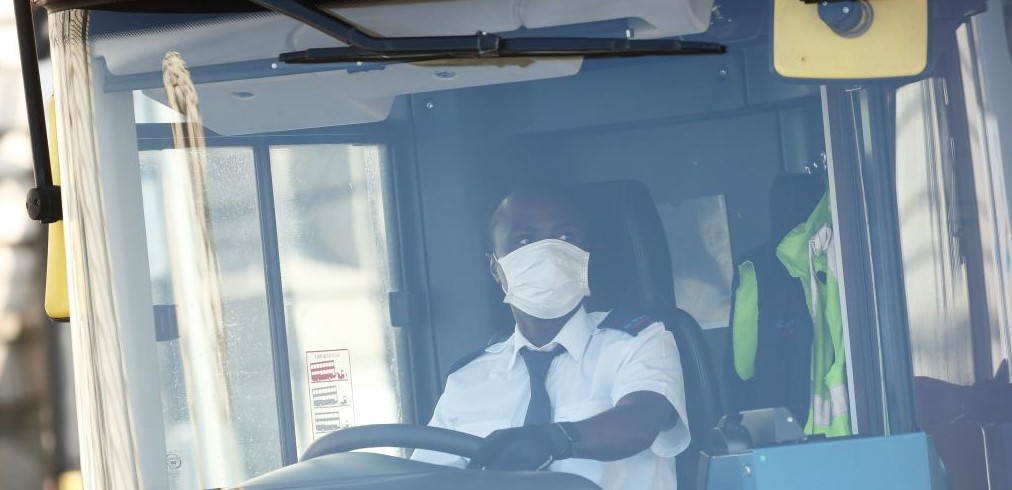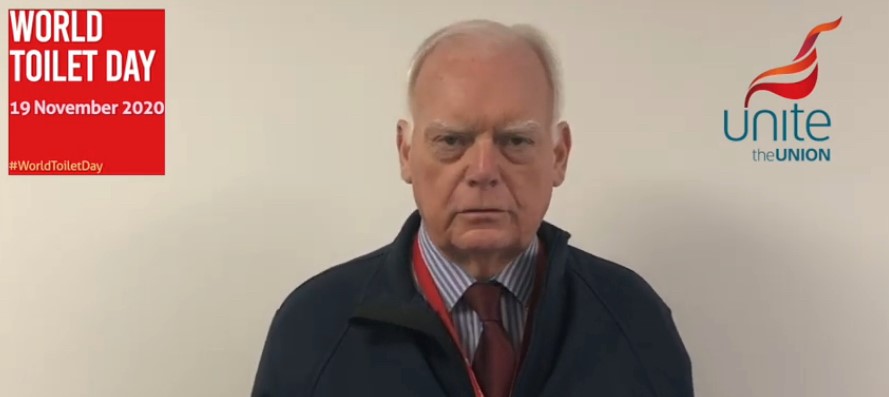Super fare price hike for rail users
As commuters return to work today facing fresh price hikes, shocking new research shows that regular UK travellers are paying up to six times more of their salary on fares than passengers who enjoy nationalised services in Europe.
UK workers on an average salary travelling from Luton to London will spend 14 per cent of their income on a monthly ticket, analysis by the Action for Rail campaign shows. For those travelling from Manchester to Liverpool the figure is 11 per cent, the union-led campaign found.
Similar journeys in France cost workers just 2 percent of their salaries, while Germany and Italy it is 3 per cent and in Spain 4 per cent. In all four countries rail services are largely publicly owned.
The disparity is also reflected in stark price differences between tickets. Commuters to London pay an average of ÂŁ387 a month, while monthly tickets from Manchester to Liverpool cost ÂŁ292. In Paris or Rome tickets cost just ÂŁ61 a month.
During the last decade UK train fares have increased by 56 per cent, more than double the 24 per cent rate for average earnings, with Unite pointing to privatisation as a key driver of unaffordable tickets.
In 2017 UK ticket prices will increase again by an average of 2.3 per cent.
Unite national officer for the rail industry Tony Murphy said,
“The patience of rail travellers in the UK is wearing very thin. Yet again they are hammered by the annual fares rip-off.
“Transport secretary Chris Grayling has made it clear that he views the railways as a political football for ideologues, with long-suffering commuters lagging a long way behind. Every day, the case for the public ownership of the rail industry gets stronger. ”
The Action for Rail research comes as rail campaigners and workers plan a series of protests at over 100 stations around the country against fare rises and in support of public ownership.
TUC general secretary Frances O’Grady said, “British commuters are forced to shell out far more on rail fares than others in Europe. Many will look with envy at the cheaper, publicly-owned services on the continent.
“Years of failed privatisation have left us with sky-high ticket prices, overcrowded trains, understaffed services and out-of-date infrastructure. Private train companies are milking the system, and the government is letting them get away with it.”
 Like
Like Follow
Follow


